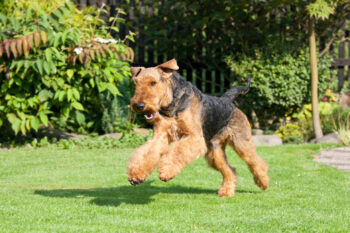
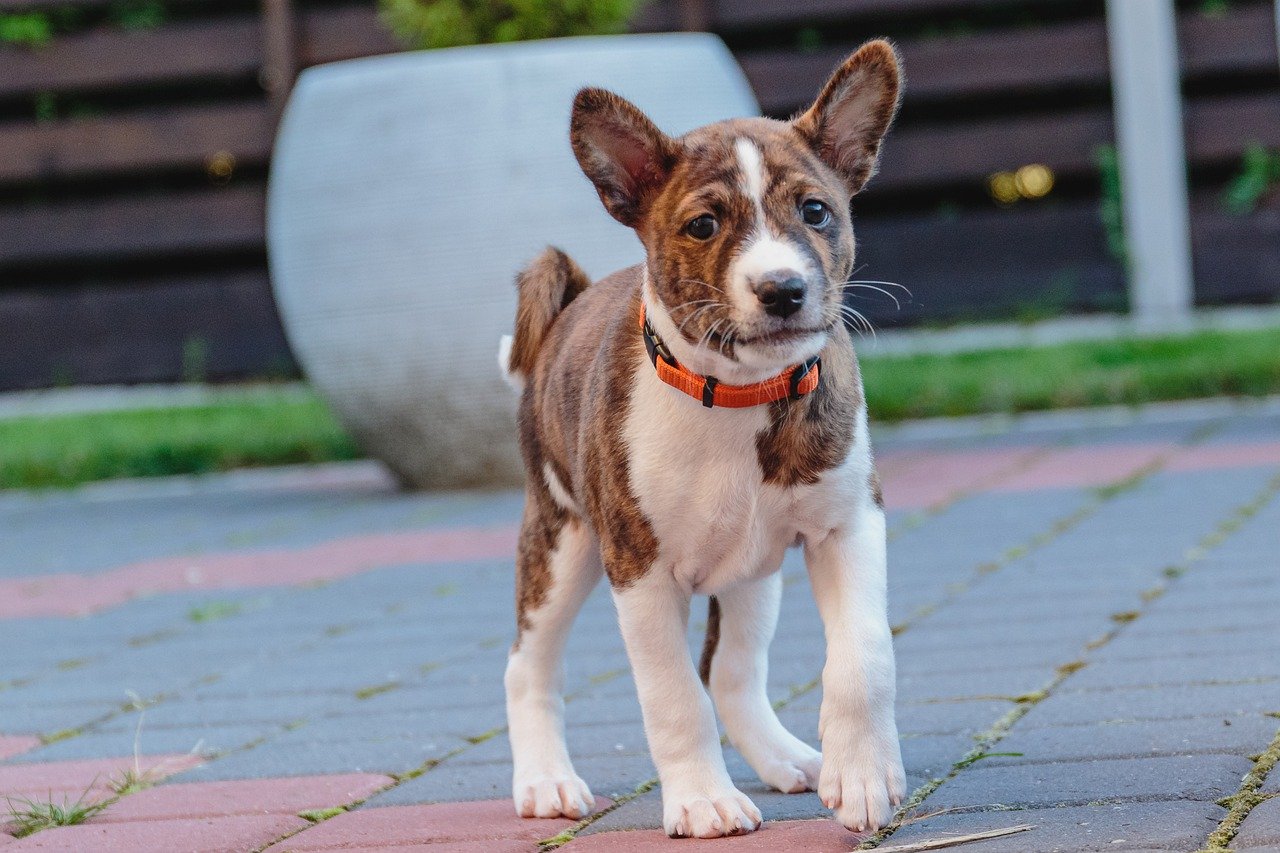
While it’s possible for cats and dogs to live harmoniously under the same roof, not all dog breeds are well-suited to coexist with feline companions. Some dogs have high prey drives, strong territorial instincts, or an intense desire to chase, making it challenging to maintain peace in a household that includes both cats and dogs. For cat owners, choosing the right dog breed is essential to ensure both pets feel safe and comfortable. If you’re a cat owner considering bringing a dog into your home, here are fifteen dog breeds you should generally avoid.
Greyhound
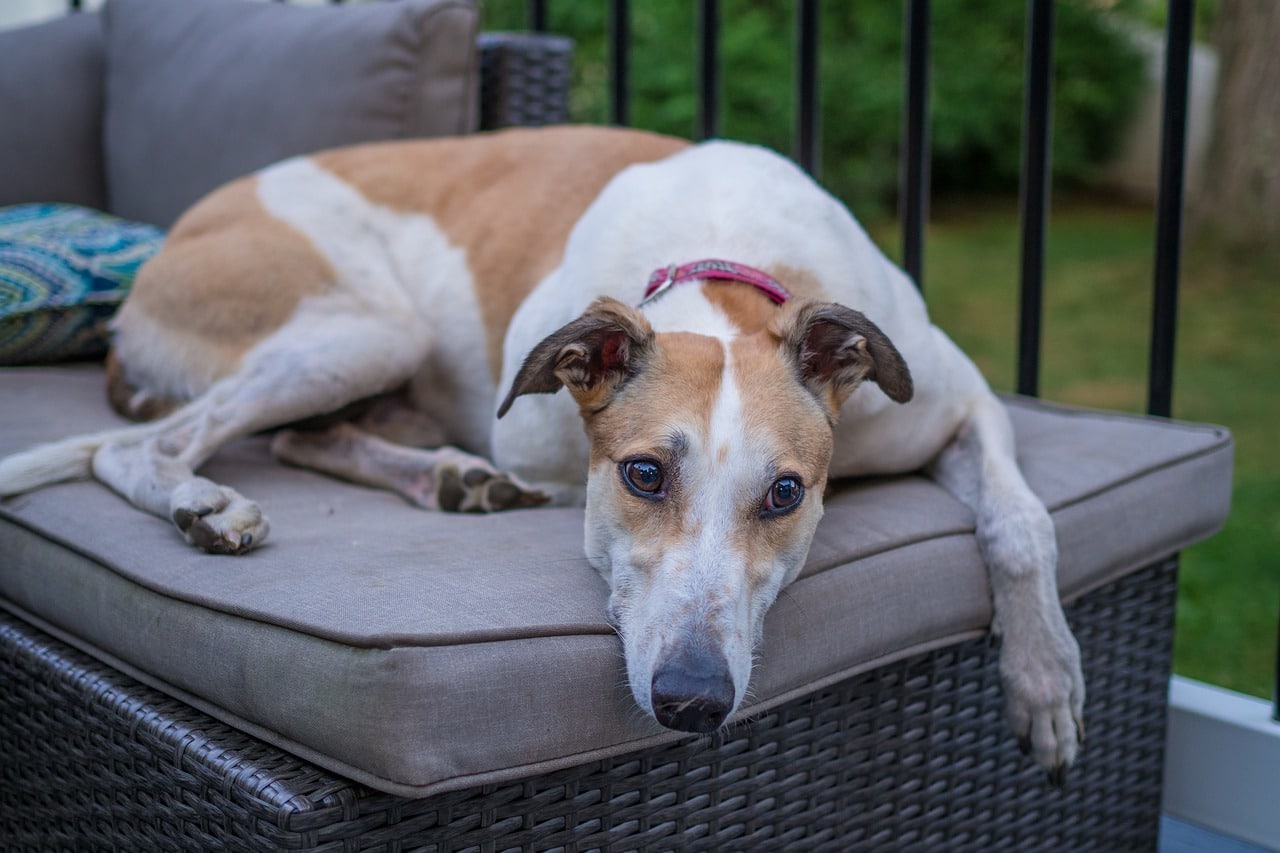
Greyhounds are known for their speed and grace, but that incredible speed comes from a strong prey drive. Bred to chase small, fast-moving animals, Greyhounds may find it difficult to resist the urge to chase cats, especially if the cat is running. While some Greyhounds can be trained to live peacefully with cats, their natural instinct to chase makes them a risky choice for cat owners. Without proper training and supervision, a Greyhound’s prey drive could lead to a dangerous situation for a cat in the home.
Siberian Husky
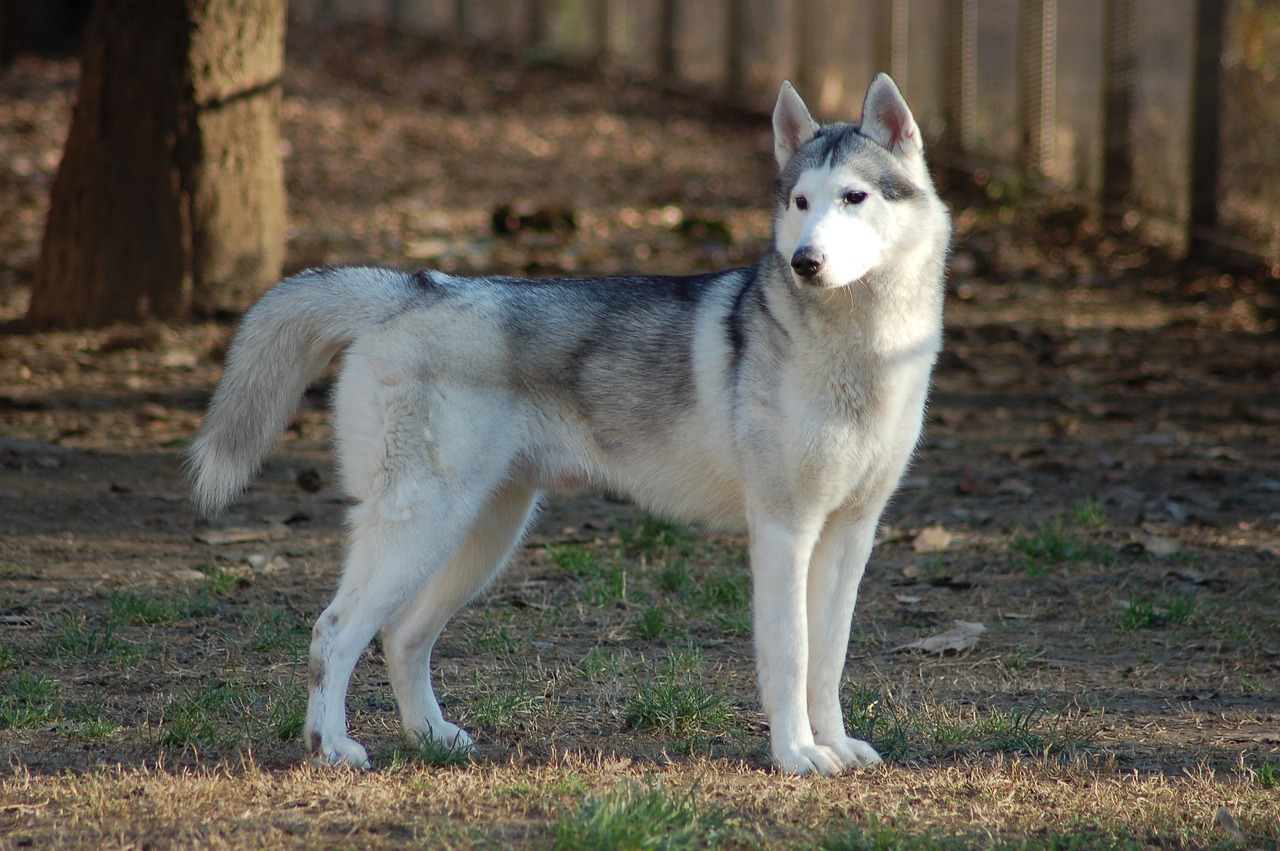
Siberian Huskies are energetic, strong-willed dogs known for their love of adventure and exploration. However, they also have a very high prey drive, which can be problematic in homes with smaller animals, including cats. Huskies were bred to work in packs and hunt, and they may view cats as potential prey rather than companions. Even with training, Huskies’ strong hunting instincts can be difficult to curb, making them a breed that cat owners should avoid unless they are prepared for careful supervision and management.
Alaskan Malamute
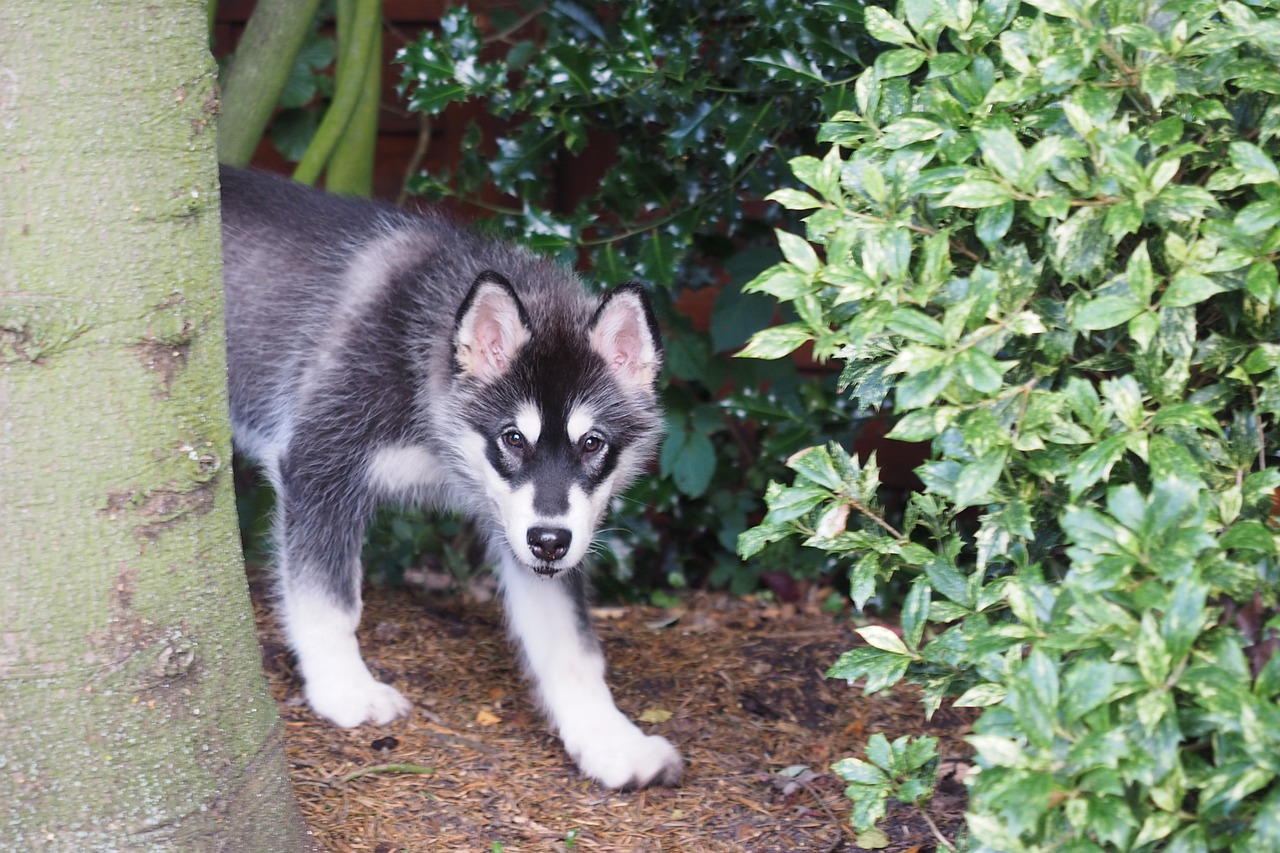
Like the Siberian Husky, the Alaskan Malamute was bred for working in harsh environments and has a high prey drive. Malamutes are strong, independent dogs that are known to have a natural instinct to chase smaller animals. In homes with cats, this prey drive can lead to dangerous situations, especially if the dog is not properly trained or supervised. While some Malamutes may be able to coexist with cats, their strong hunting instincts make them a breed that is generally better suited to homes without feline companions.
Jack Russell Terrier
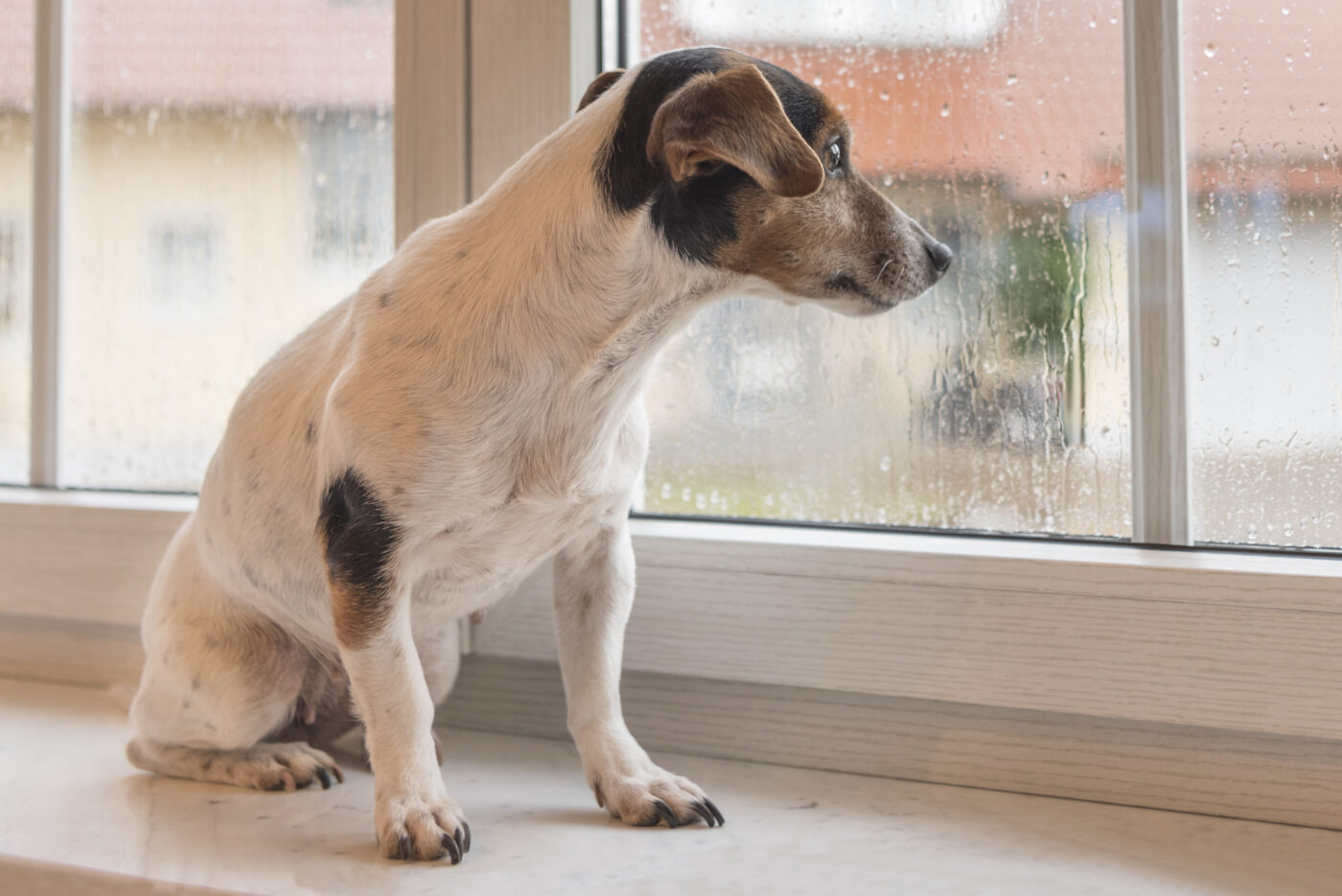
Jack Russell Terriers are small, energetic dogs with a big personality and an even bigger prey drive. Originally bred to hunt small animals like foxes and rodents, Jack Russells has a natural instinct to chase and hunt anything that moves. This includes cats, and their tenacious nature can make it difficult to train them to leave feline companions alone. For cat owners, the Jack Russell Terrier’s strong prey drive and high energy levels may be too much to handle, making them a breed to avoid in multi-pet households.
Afghan Hound
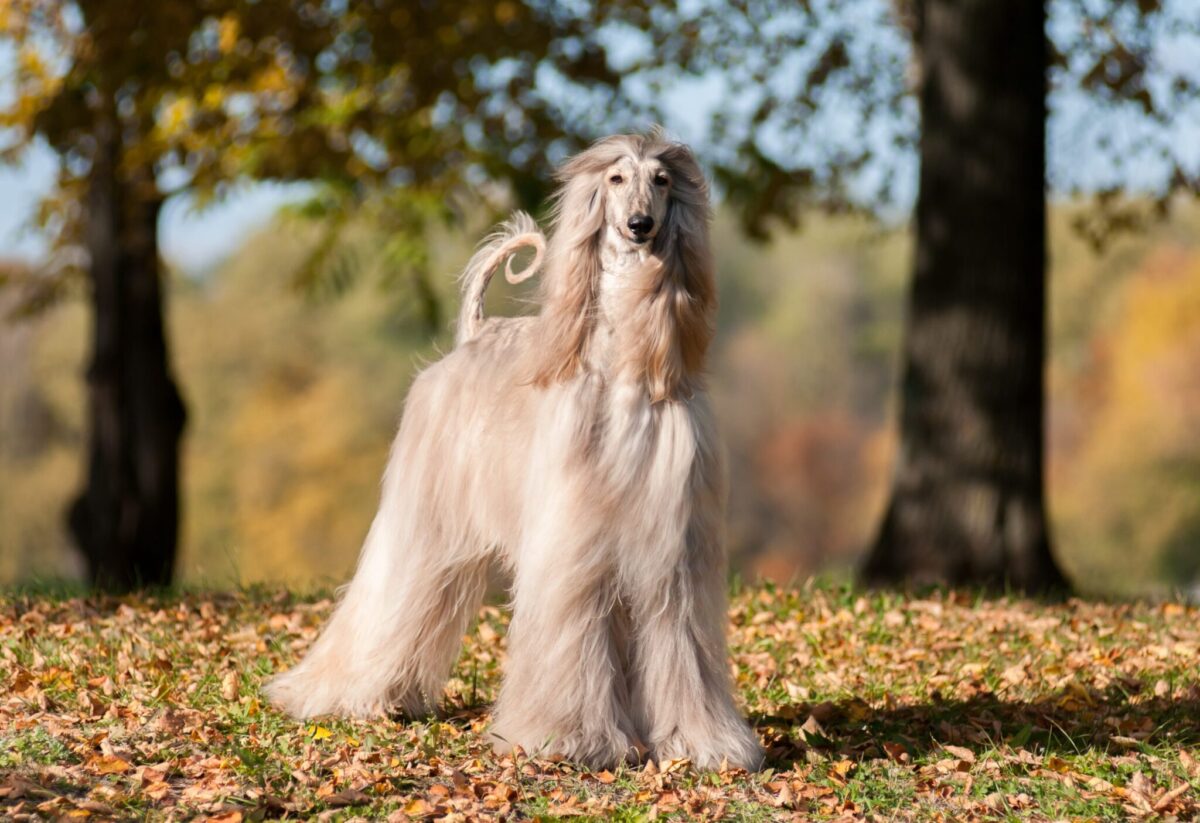
Afghan Hounds are known for their striking appearance and graceful demeanor, but they also have a strong hunting instinct that can make them problematic in homes with cats. Bred to chase prey across rugged terrain, Afghan Hounds have a high prey drive and may see cats as something to pursue. Their independent nature can also make training challenging, as they are not always eager to please their owners. For cat owners, the combination of the Afghan Hound’s prey drive and independent streak may make them a difficult breed to manage around feline companions.
Weimaraner
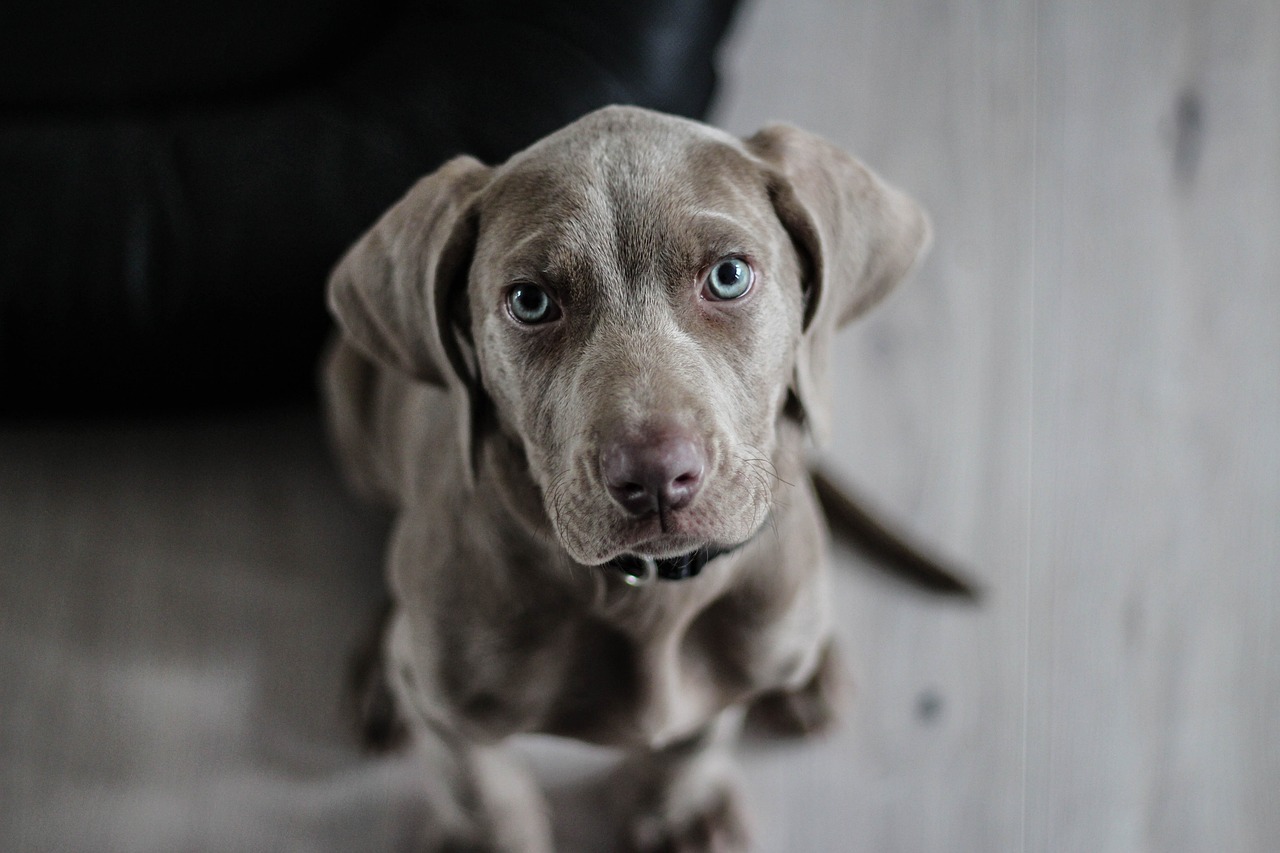
Weimaraners are large, athletic dogs that were originally bred for hunting. With a strong prey drive and an abundance of energy, Weimaraners may view cats as something to chase, especially if they are not properly trained or socialized. This breed is known for being highly active and needing plenty of exercise, which can lead to frustration and increased prey-seeking behavior if they do not receive enough physical activity. For cat owners, a Weimaraner’s natural hunting instincts and high energy levels may make them a less-than-ideal choice for a peaceful multi-pet household.
Belgian Malinois
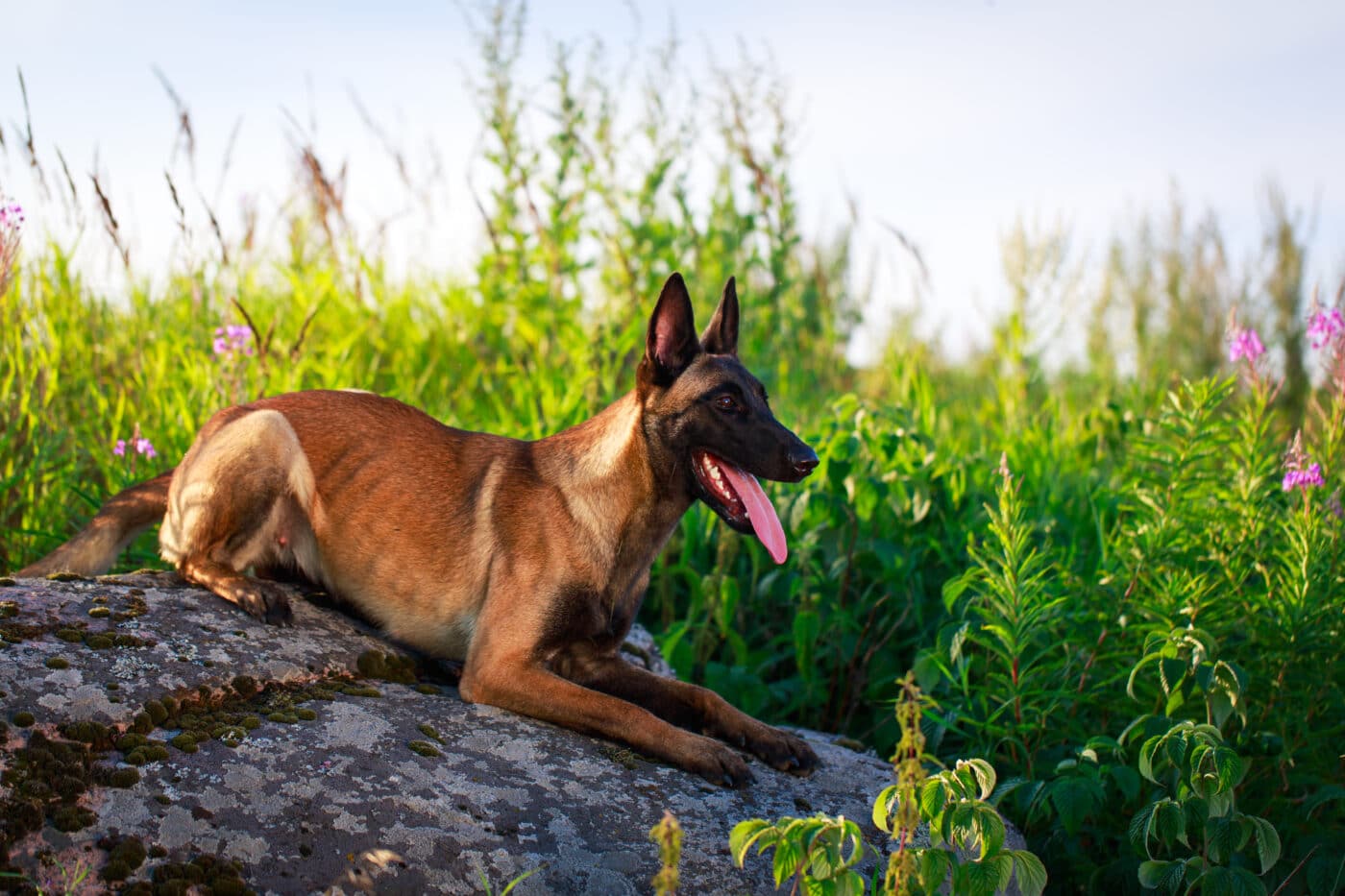
Belgian Malinois are intelligent, hardworking dogs often used in police and military work due to their strong drive and determination. While these traits make them excellent working dogs, they can also make them difficult to manage in homes with cats. Malinois have a high prey drive and may see cats as something to chase or catch. Their intense focus and strong-willed nature can make training challenging, especially when it comes to curbing their natural instincts. For cat owners, the Belgian Malinois may require too much supervision and training to be a suitable companion.
American Pit Bull Terrier
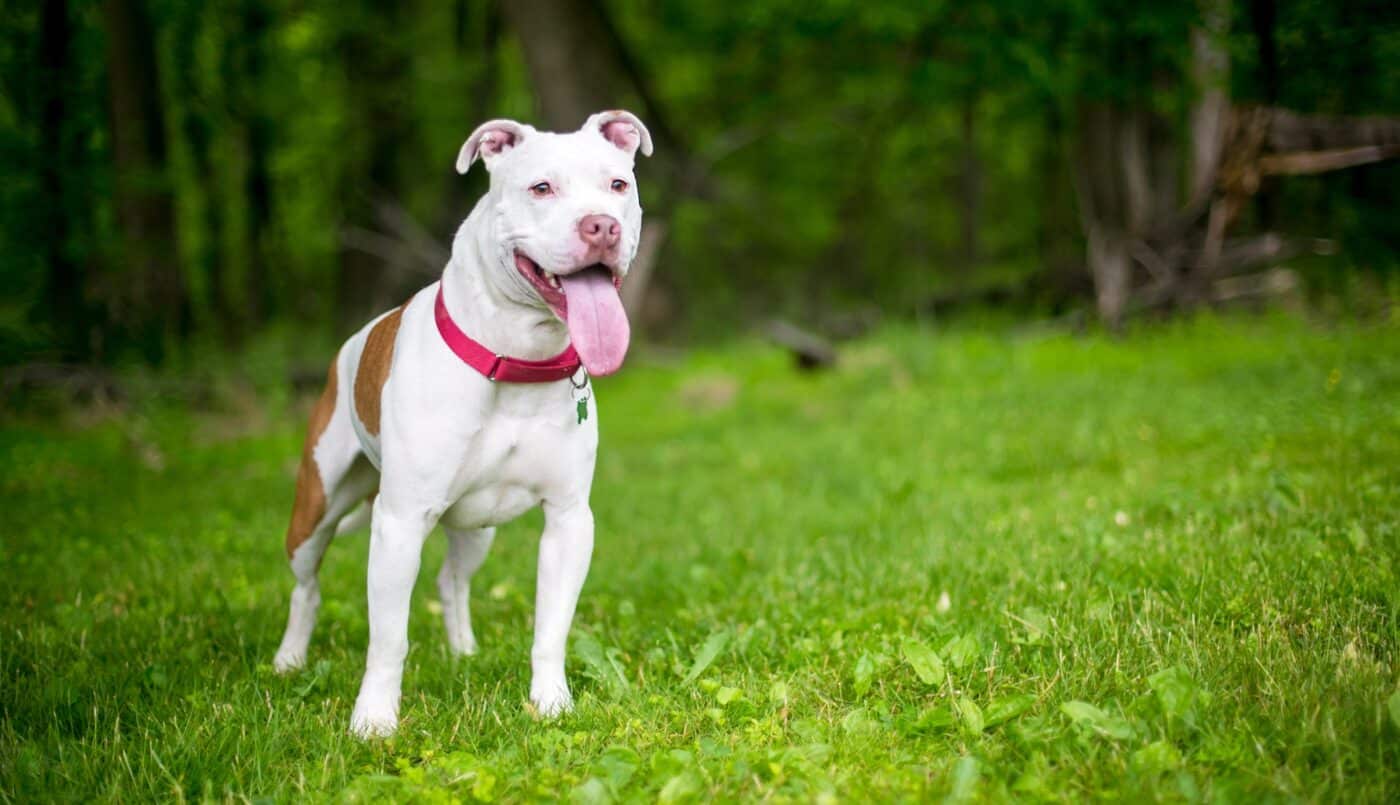
American Pit Bull Terriers are known for their strength and loyalty, but they also have a strong prey drive that can make them problematic in homes with smaller animals, including cats. While many Pit Bulls are loving and affectionate with their families, their natural instinct to chase and grab can be difficult to manage around cats. With proper training and socialization, some Pit Bulls can live harmoniously with cats. Still, their powerful build and strong prey drive mean that supervision is always necessary to ensure the safety of both pets.
Airedale Terrier
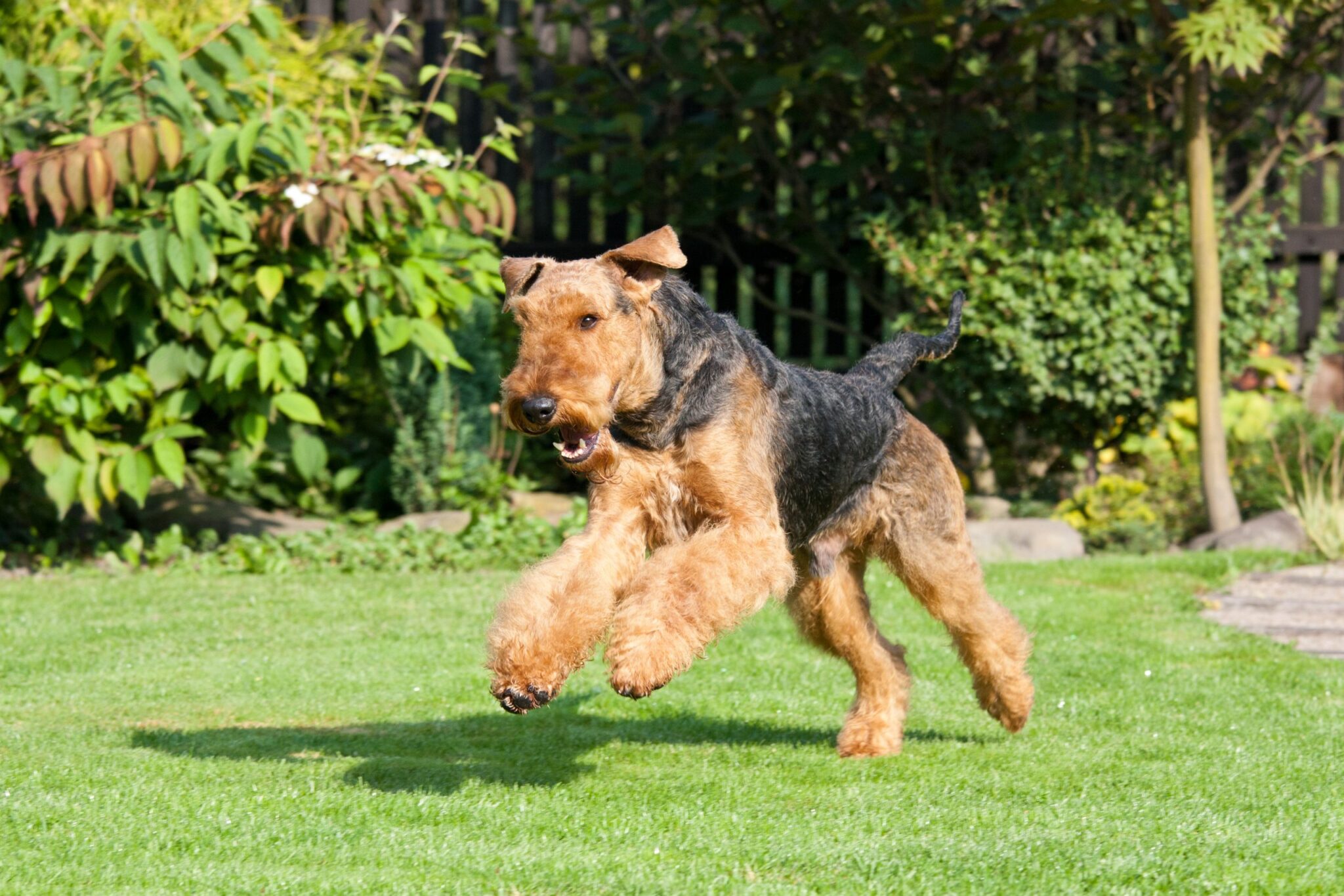
Airedale Terriers are the largest of the terrier breeds and were originally bred to hunt small animals. Like many terriers, Airedales have a strong prey drive and a natural instinct to chase smaller creatures, including cats. Their energetic and independent nature can make it difficult for them to train, and they may not easily learn to coexist peacefully with feline companions. For cat owners, the Airedale Terrier’s high energy levels and strong prey drive can make them a challenging breed to integrate into a multi-pet household.
Saluki
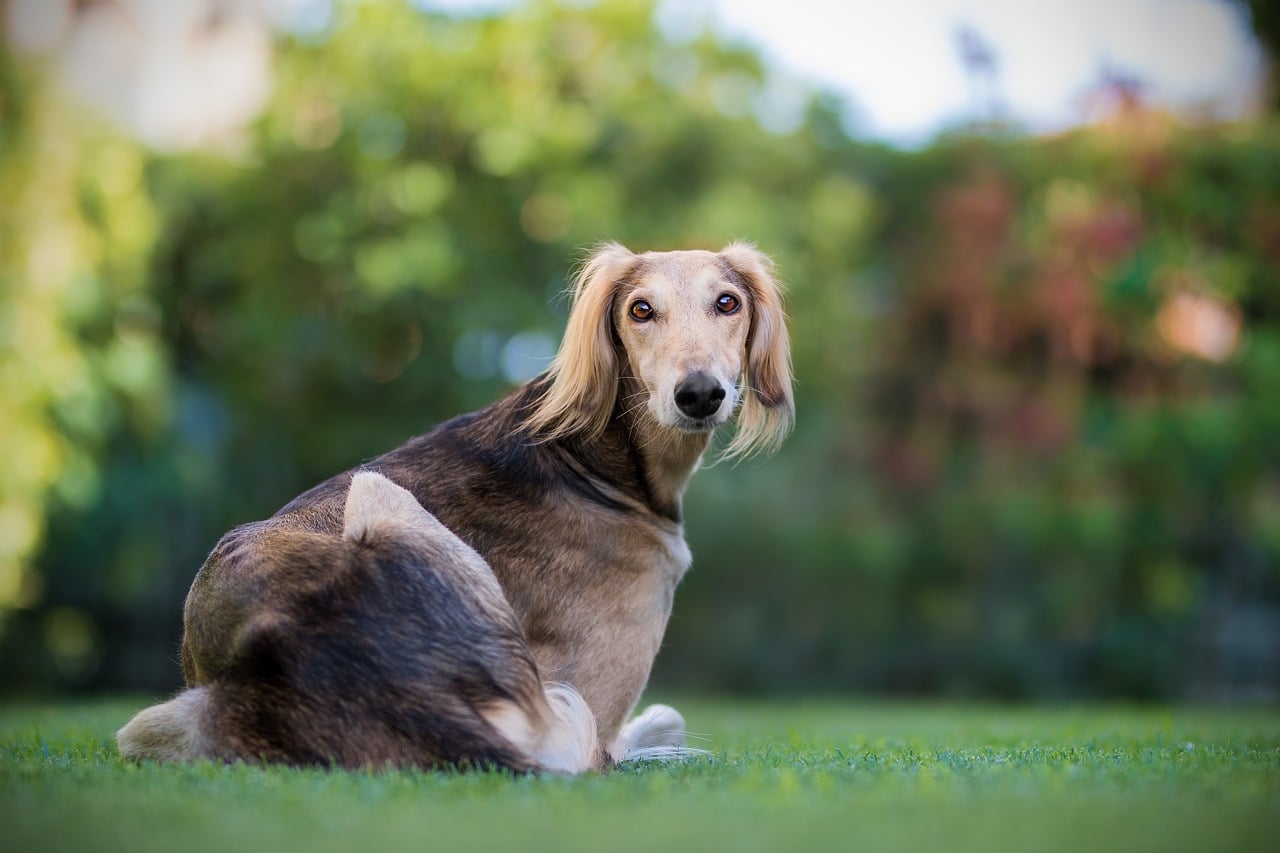
Salukis are elegant, fast dogs with a history of being used for hunting. They have a strong prey drive and are known for their incredible speed, making them natural chasers. In homes with cats, this instinct to chase can lead to dangerous situations, especially if the Saluki is not properly trained or supervised. While they are gentle and affectionate with their families, their natural inclination to pursue smaller animals may make them a poor fit for homes with feline companions.
Whippet
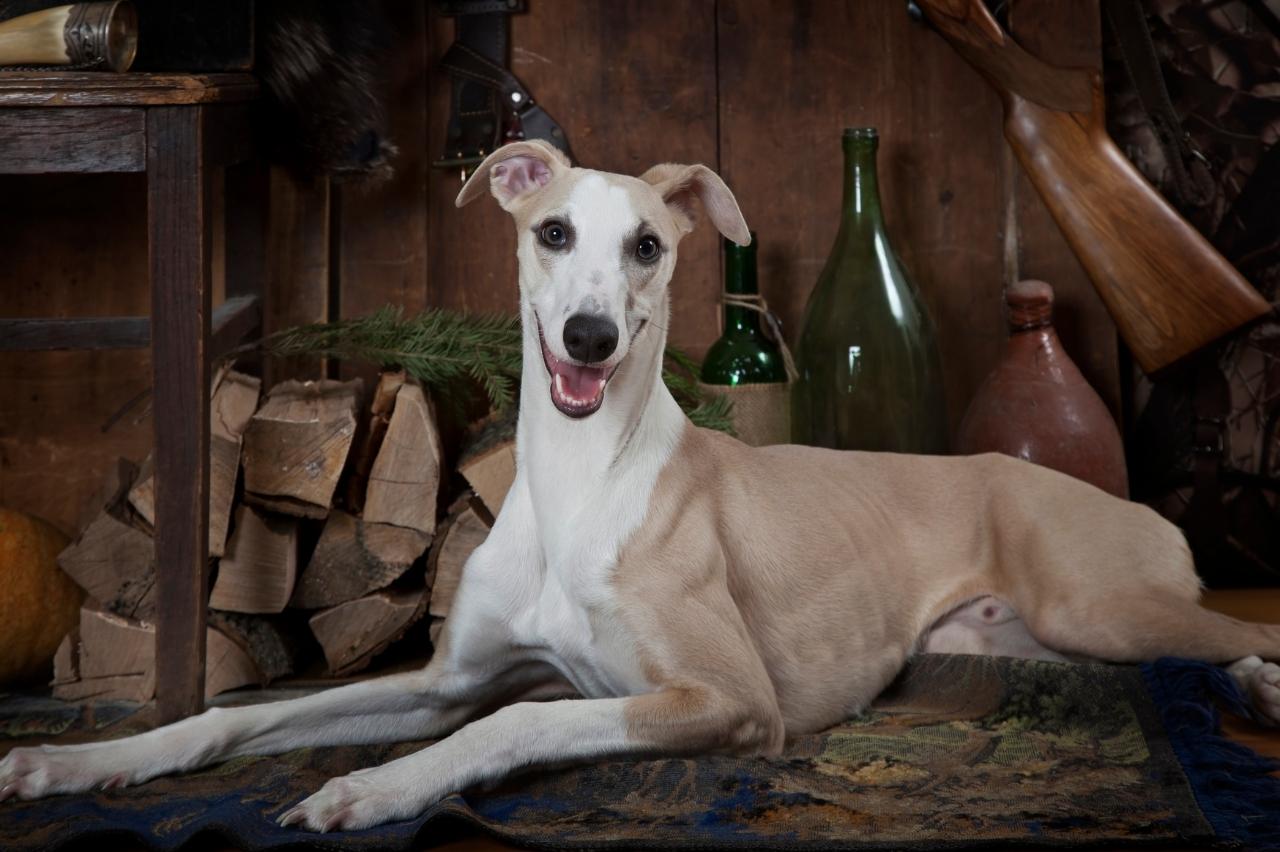
Whippets are another breed known for their speed and grace, but their strong prey drive can make them difficult to manage around cats. Like Greyhounds, Whippets were bred to chase small animals, and they may find it hard to resist the temptation to chase a cat that runs. While some Whippets can be trained to live peacefully with cats, their natural hunting instincts mean they are more likely to view felines as prey. For cat owners, the Whippet’s prey drive and speed can be challenging to manage in a multi-pet home.
Pharaoh Hound
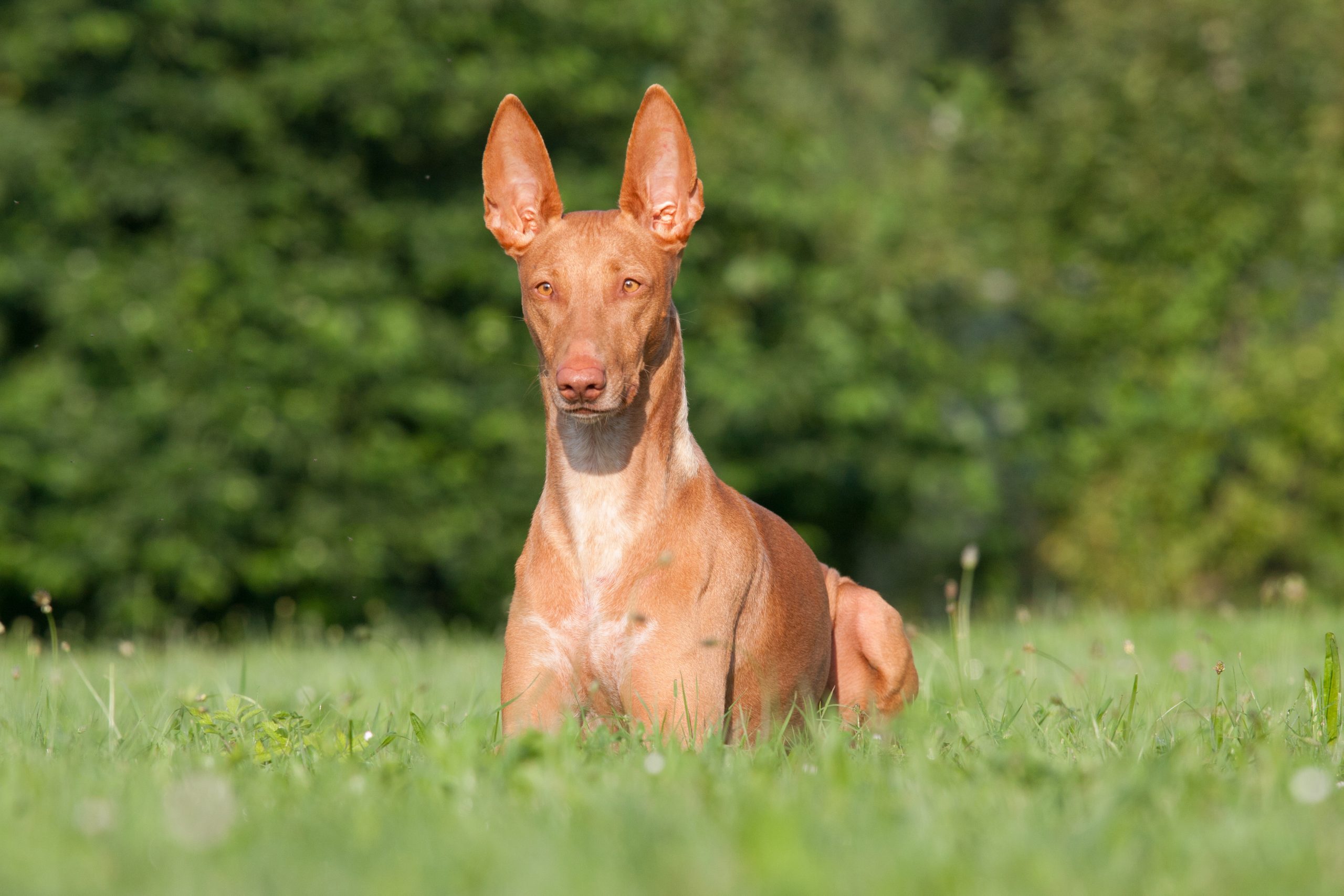
Pharaoh Hounds are an ancient breed known for their hunting abilities and sleek, athletic build. Like other sighthounds, Pharaoh Hounds have a strong prey drive and are quick to chase anything that moves, including cats. Their independent nature can make training a challenge, especially when it comes to curbing their natural instincts. While they are affectionate and loyal to their families, Pharaoh Hounds may not be the best fit for homes with feline companions due to their strong urge to chase.
Basenji
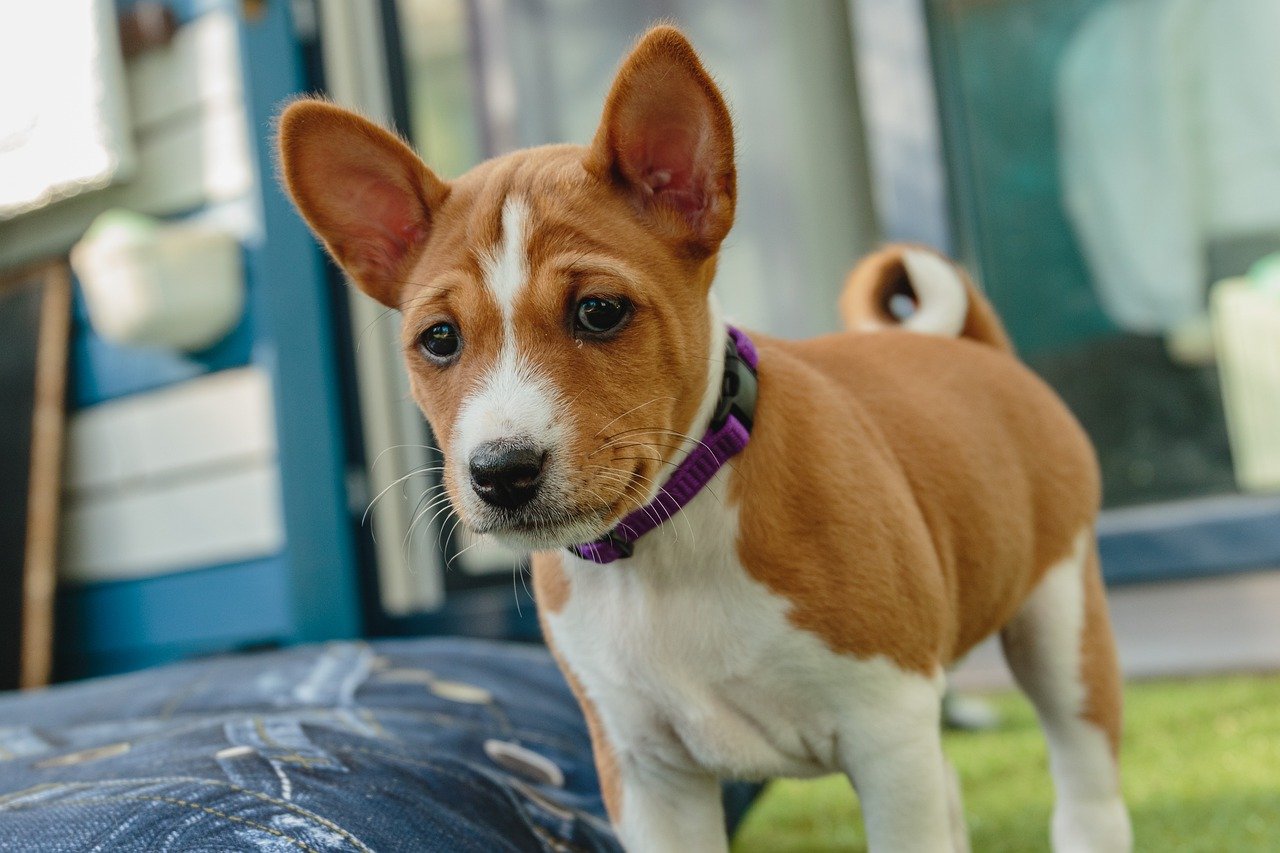
The Basenji is a small, independent breed known for its lack of barking and unique yodeling sounds. However, Basenjis also have a strong prey drive and were originally bred for hunting small game. This natural instinct to chase and hunt can make them difficult to manage in homes with cats. Basenjis are also known for their stubbornness, which can make training a challenge. For cat owners, the Basenji’s prey drive and independent streak may make them a poor choice for a peaceful multi-pet household.
Irish Wolfhound
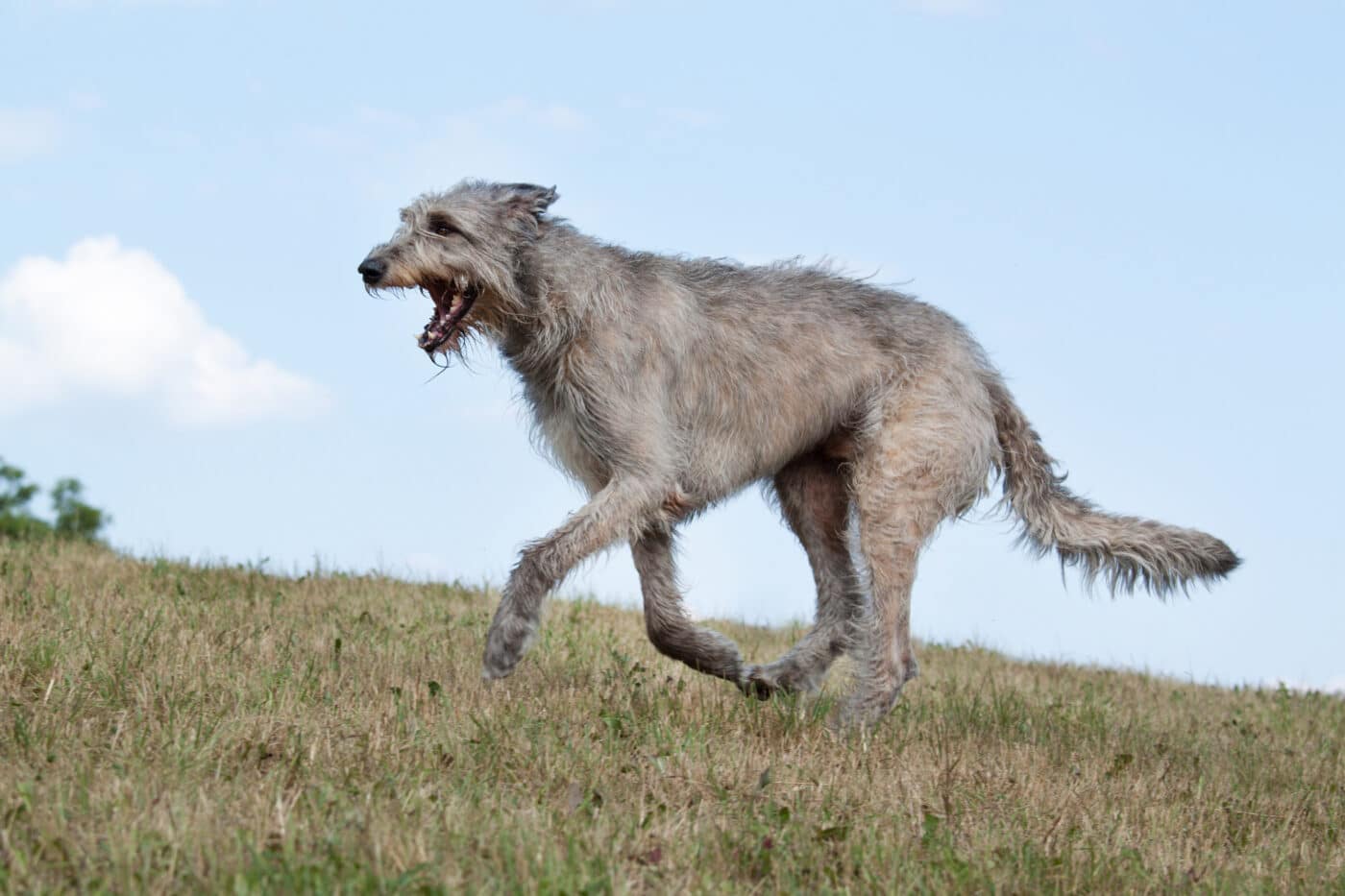
Irish Wolfhounds are one of the tallest dog breeds, and while they are known for their gentle and calm nature, they were originally bred for hunting wolves and other large game. This breed has a strong prey drive and may view cats as something to chase. While they are typically affectionate and gentle with their families, their size and hunting instincts can make them a risky choice for homes with cats. For cat owners, managing the Irish Wolfhound’s size and natural prey drive can be a significant challenge.
Shiba Inu
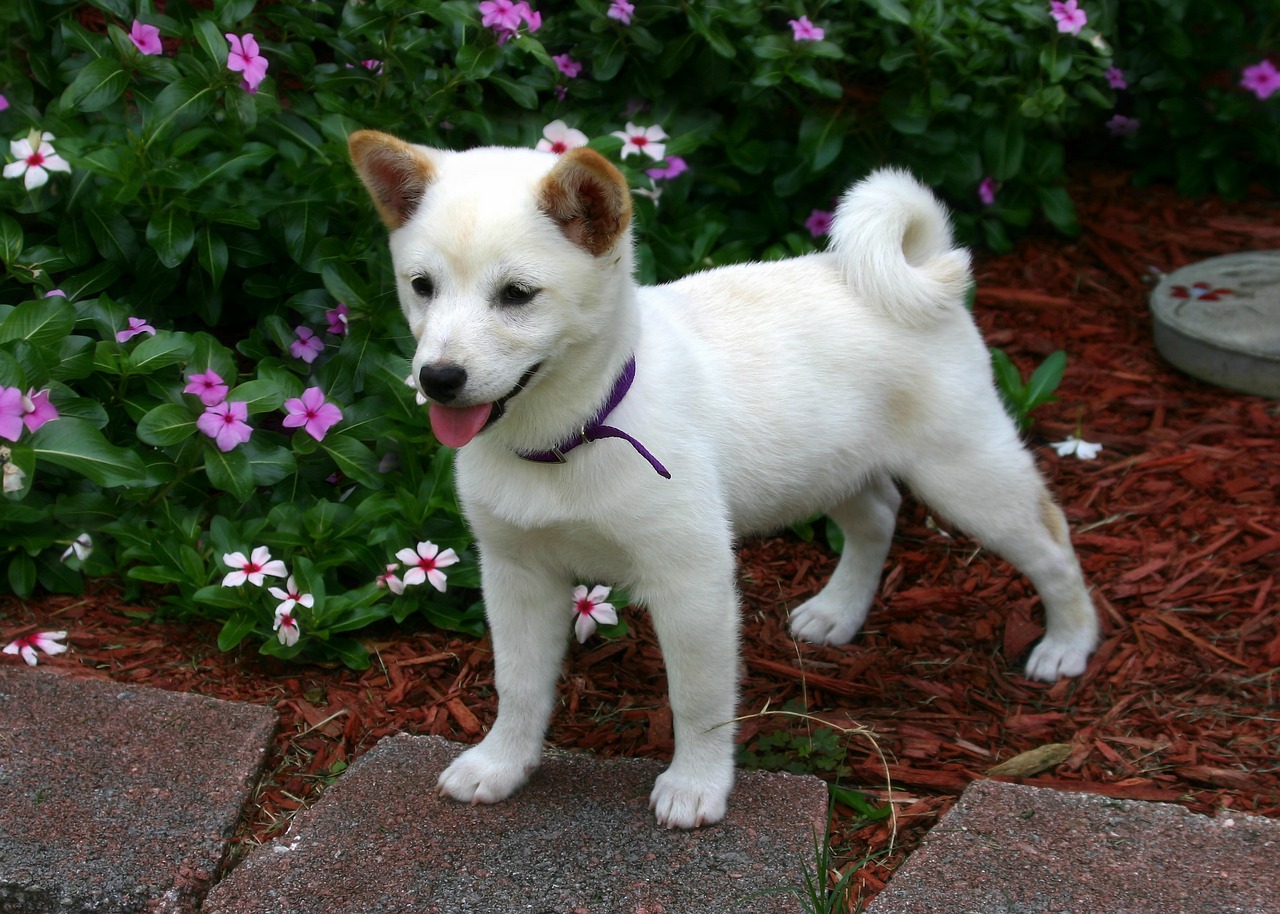
Shiba Inus are independent, strong-willed dogs with a high prey drive. Known for their spirited personality and aloof nature, Shiba Inus may not take well to living with cats, especially if the cat runs or acts skittish around them. Shibas are natural hunters and may see a cat as something to chase or dominate. Their independent nature can also make training difficult, as they are not always eager to please their owners. For cat owners, the Shiba Inu’s strong prey drive and independent streak make them a challenging breed to manage in a multi-pet household.
The Claws Are Out These Dogs Won’t Win Over Your Cat!
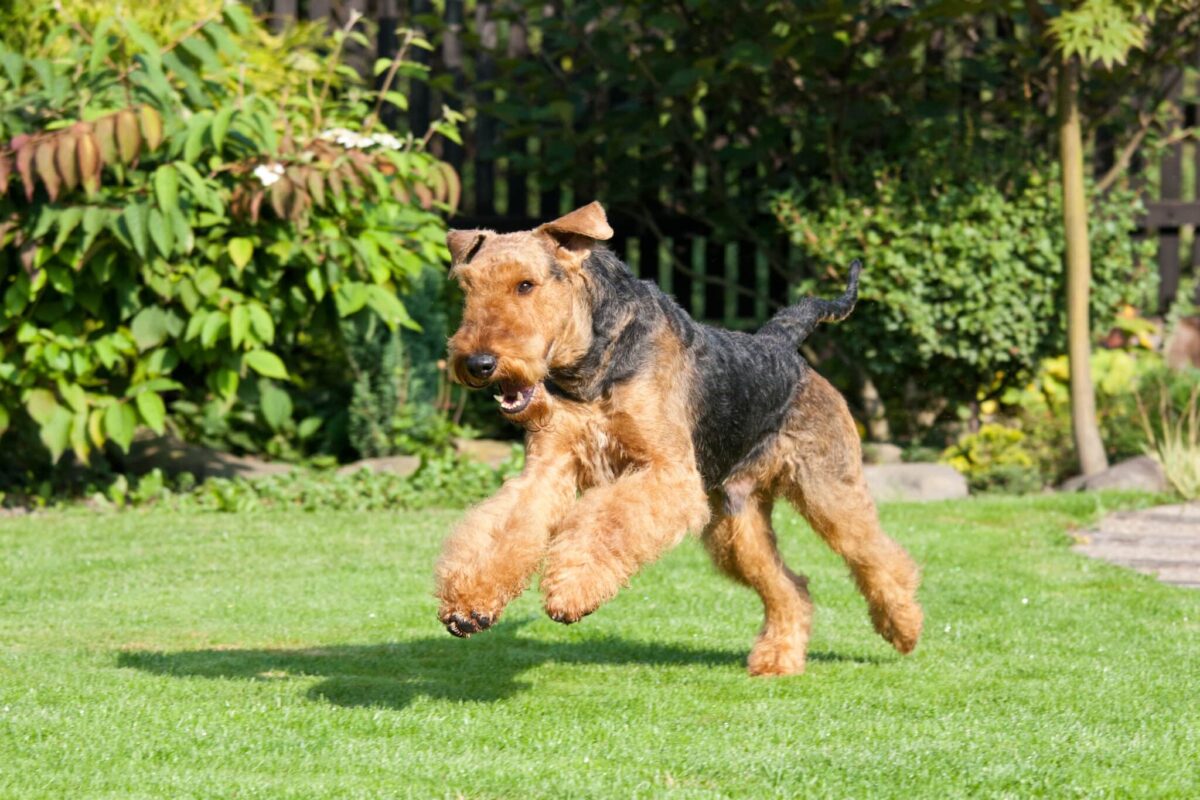
If you have a cat and envision a peaceful home with both feline and canine companions, these breeds may not be the best fit. While dogs are known as “man’s best friend,” they’re not always a cat’s ideal companion. With their high prey drives and natural instinct to chase, these breeds are more likely to treat your cat as a plaything than a snuggle buddy. Unless you want your living room to turn into a live-action episode of Tom and Jerry, it’s wise to opt for a more cat-friendly breed.
The post 15 Dog Breeds Cat Owners Should Generally Avoid appeared first on iHeartDogs.com.
